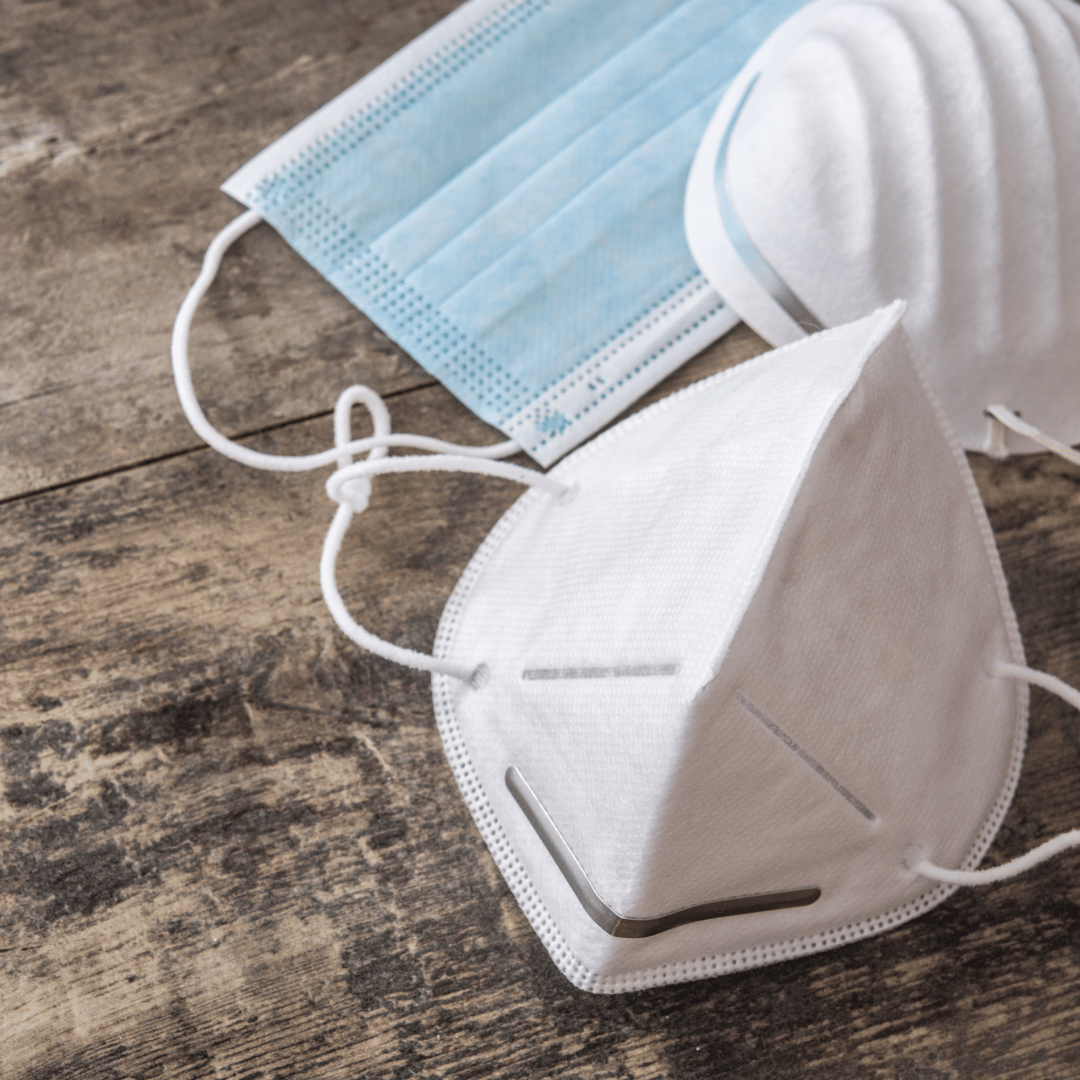A Quick Guide to Eco-Friendly Face Mask Disposal and Alternatives
Published by Harmony Lab & Safety Supplies on Mar 19, 2025
How to Dispose of Face Masks Responsibly: A Guide to Eco-Friendly Alternatives
Face masks have become familiar, playing a vital role in protecting our health and the health of our communities. As mask usage continues, it's increasingly important to consider the environmental impact of our choices. This quick guide will walk you through the best methods for **how to dispose of face masks** responsibly and explore more sustainable alternatives to minimize waste.

The Quick Guide to Proper Face Mask Disposal
Knowing how to properly dispose of your face mask is the first step in minimizing its environmental footprint and preventing litter.
Disposable Face Masks (Surgical Masks)
If you're using a disposable medical face mask or a standard 3-ply mask, follow these simple steps after use:
- Fold it: Carefully fold the mask in half so that the contaminated outside surface faces inward. This helps to contain potential microbes and makes disposal tidier.
- Secure it: Wrap the ear loops around the folded mask to secure the bundle.
- Bin it: Place the folded mask in a covered trash bin immediately. This prevents it from being easily scattered by wind or animals.
Important Note on Recycling: Used disposable face masks **cannot be recycled** through regular curbside recycling programs. They should always go into the regular trash stream to prevent contamination. You might also consider exploring disposable respirators for higher levels of protection when needed, keeping in mind their disposal also follows these steps.
Reusable Face Masks (End-of-Life)
When your reusable cloth mask has reached the end of its usable life (e.g., the fabric is thinning, or the elastic is worn out), check if there are any specialized textile recycling programs in your local area. Due to the blend of materials, few facilities accept masks, but industrial textile recyclers are the most sustainable option.
Embracing Sustainable Face Mask Alternatives: The Better Choice
The most impactful way to reduce the environmental burden is to choose **eco-friendly face mask alternatives** whenever possible. These reusable options significantly reduce landfill waste.
Washable Cloth Masks
Opting for washable cloth masks is a fantastic way to minimize waste. These masks are typically made from durable fabrics and can be used multiple times. They are often more cost-effective in the long run and are available in a variety of styles. Remember to wash your cloth masks thoroughly after each use to maintain their effectiveness.
Reusable Respirators and Filters
For situations requiring a higher level of protection, such as industrial or certain healthcare settings, consider using reusable respirators. These are designed to filter airborne particles and can be cleaned and reused for extended periods, reducing waste compared to frequent use of disposable respirators. For easy cleaning and disinfection between uses, respirator wipes offer a convenient solution.
Key Takeaways for an Eco-Conscious Approach
Choosing sustainable practices for your health and safety doesn't have to be complicated. Remember these core principles:
- Prioritize Reusables: Make reusable cloth masks or respirators your first choice whenever feasible to drastically cut down on waste.
- Dispose Responsibly: Always place used disposable masks in a covered trash bin after folding them to prevent them from becoming dangerous litter.
Quick FAQs on Face Mask Disposal and Recycling
- Is face mask recycling safe or feasible?
- No, used face masks should not be placed in regular recycling bins. They are not typically made of easily recyclable materials in this context and can jam machinery or contaminate other recyclable materials. Specialized industrial programs may exist in some cities.
- Can face masks be composted?
- Generally, no. Most face masks contain synthetic, non-biodegradable materials (like polypropylene plastic) and are not suitable for composting, especially in home compost bins. Always trash them unless you have specific, local industrial composting instructions.
- How often should I change my disposable face mask?
- Disposable face masks should be changed whenever they become damp, soiled, or after a day's use, whichever comes first. Washable face masks should be washed thoroughly after each use.
